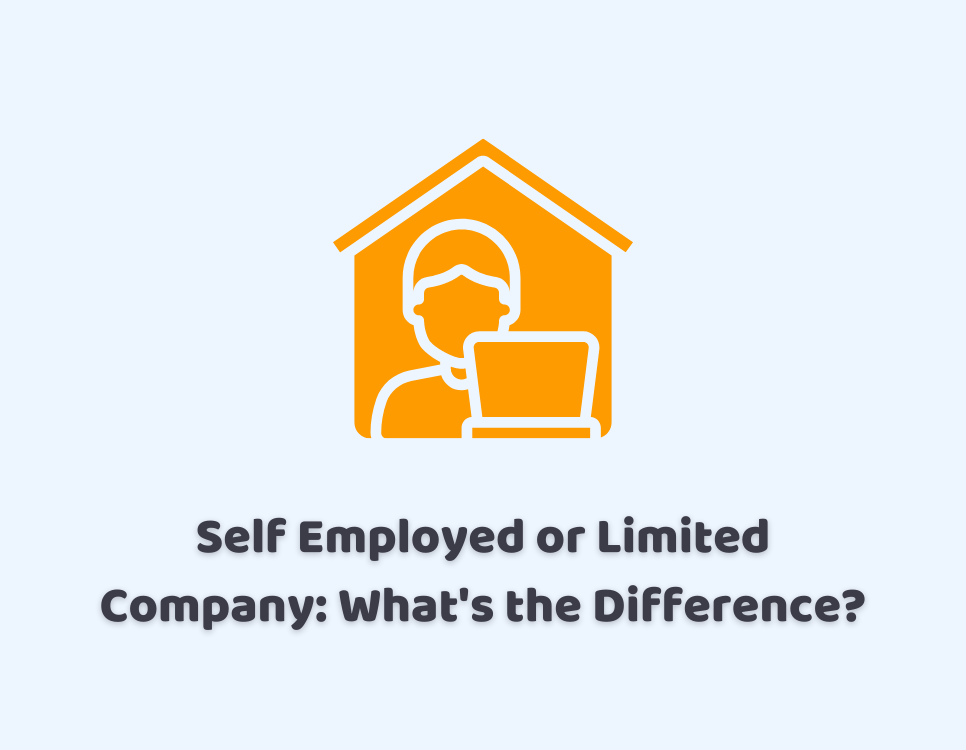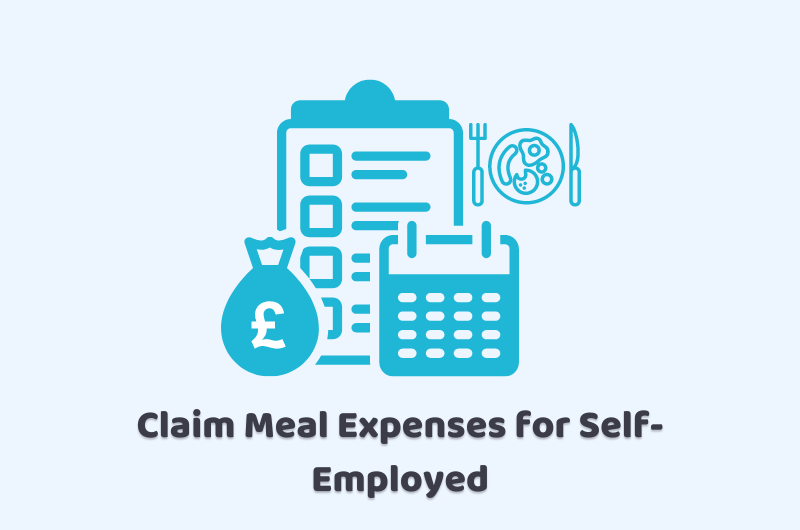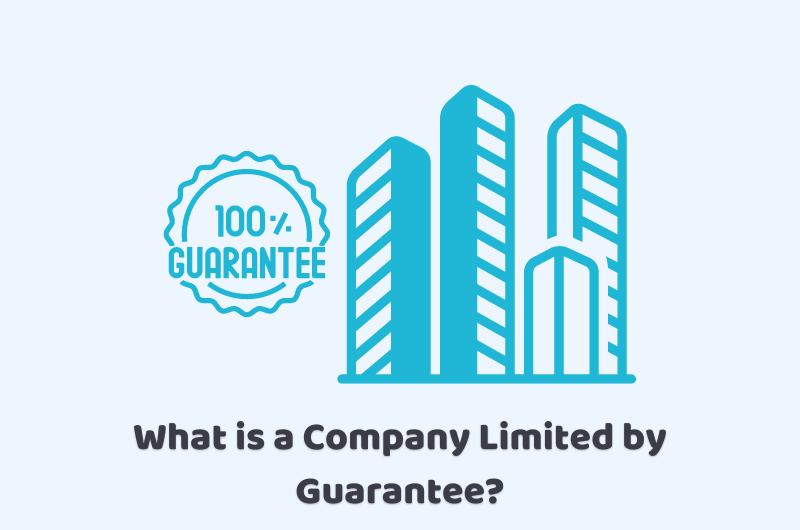
30/12/2021Accounting , Accounting Issues , Limited Company , Sole Proprietorship
While setting up your business, one of the most crucial decisions to make is to choose a business structure. There are a lot of business structures to choose from. Limited liability partnership is the less popular business structure used by professionals. The majority of the business structures in the UK are either self employed or limited company.
According to the latest reports of Statista, there are around 4.3 million self-employed workers in the UK. On the other hand, there are over 4 million limited companies registered in the UK. Let’s dig deep into both to know what are they, are taxed the same, and what cost and administration is involved.
Let’s kick off with what is self-employed and what is a limited company?
We save your time, money, and stress by handling all your finances and business problems in no time! Call us on 020 8686 8876 or email us today.
Self Employed or Limited Company: Differences
Let’s have a quick glimpse at self-employed and limited companies.
What is a Self Employment?
Self-employed persons work for themselves as sole traders. There are no shareholders or officers and the self-employed person has total control over his business and is liable for all the profits and losses personally. The losses made by a sole trader directly impact the personal finances of a sole trader. Income tax is payable on the profit earned and needs to pay Class 2 and 4 National Insurance as a self-employed individual.
What is a Limited Company?
A limited company is a separate entity with its own identity and it is separate from shareholders and directors. The personal finances of directors of the limited company are kept separate from the company until there’s fraudulence or any breach. A limited company has to pay corporation tax on the taxable profit and they need to deduct income tax and NI from the employees’ salary through PAYE.
Tax Implications
Let’s see how self-employed persons and limited companies are taxed.
Self Employed Tax
Self-employed persons need to pay income tax through Self-Assessment. They need to register for VAT if reached the threshold of £85,000 (2021/22). Here are the tax rates and threshold that a self-employed person should know:
| Band | Taxable income | Tax rate |
|---|---|---|
| Personal Allowance | Up to £12,570 | 0% |
| Basic rate | £12,571 to £50,270 | 20% |
| Higher rate | £50,271 to £150,000 | 40% |
| Additional rate | over £150,000 | 45% |
The deadline for online tax return is Midnight 31 January 2022.
Moreover, self-employed persons need to pay Class 2 National insurance if the profits are £6,515 or more a year and Class 4 NI on profits over £9,569. Here is the rate of NI rate you need to remember:
| Class | Rate for tax year 2021 to 2022 |
|---|---|
| Class 2 | £3.05 a week |
| Class 4 | 9% on profits between £9,569 and £50,270 2% on profits over £50,270 |
We can register you as self-employed to HMRC on your behalf! Fill out this form and let us handle everything!
Limited Company Tax
Instead of income tax, limited companies need to pay 19% Corporation tax on the annual profits. Company directors are levied tax based on the salary they earn from a limited company. Dividend tax is paid on dividends received from a company. In addition, income tax and Class 1 NI is payable on any salaries paid by the company. And companies need to pay Class 1 Employers’ NICs on salaries paid to employees.
Want to incorporate a company? Get in touch with one of our professionals. Check out our company formation package!
Administration and Costs
A limited company needs more administration and management tasks compared to self-employed.
Limited Company Administration
All the limited companies of the UK need to register with Companies House. It must make sure to inform the registrar of companies informed of any changes made, need to file confirmation statement and PSC each year along with the company accounts. The cost of forming a limited company is affordable and the accountants are responsible to manage the accounting tasks along with dealing with HMRC and Companies House.
Self Employed Requirements
There are fewer legal responsibilities and administrative tasks in forming a limited company. You just need to register for self-assessment and pay the due tax and NI on time.
Quick Sum Up
So after giving this blog a read, you have now understood which business structure to choose: self employed or limited company. As a self-employed, you are your own boss and liable to pay tax and NI 2 & 4 on your earnings. Whereas, limited companies need to pay corporation tax and Class 1 NI on salaries paid to employees. Bear in mind that there is less hassle to work as a self-employed, but with limited companies, you have to meet administrative and legal responsibilities.
Turn to us if you need any help with accounting, tax payroll, and other finance-related problems. We will solve your tax issues in no time and at an affordable price! So, contact us now!
Disclaimer: This blog contains general information about the topic.



